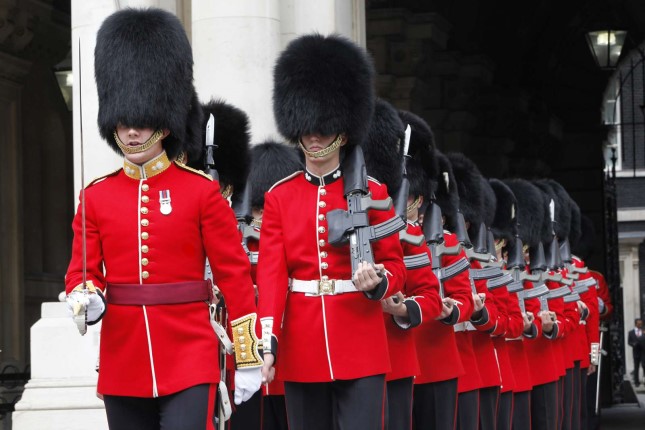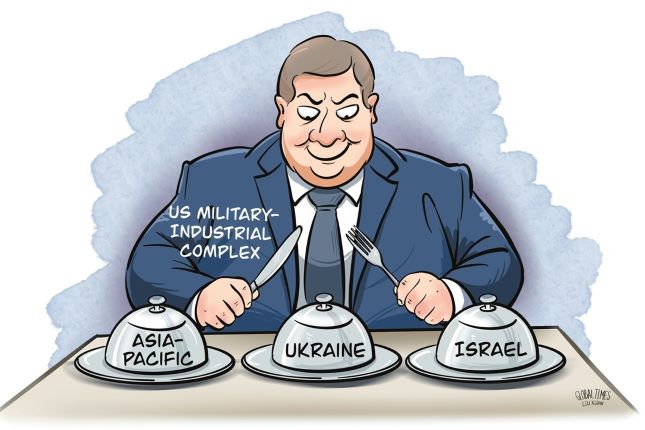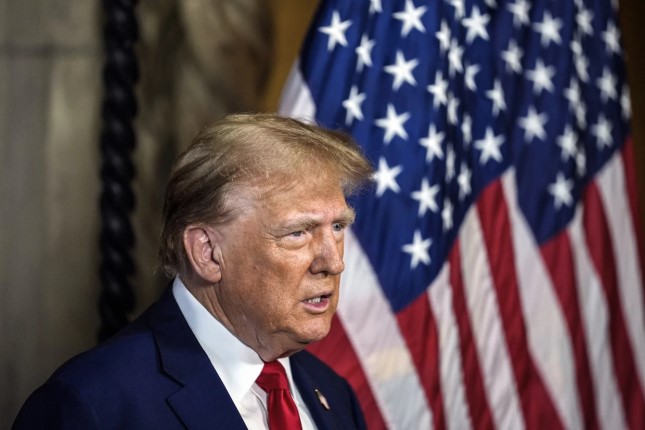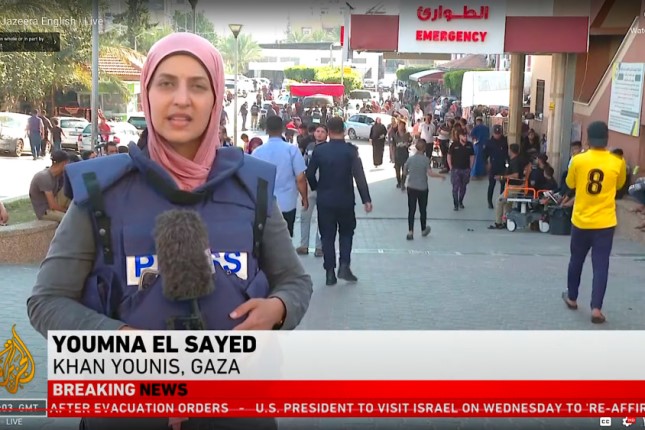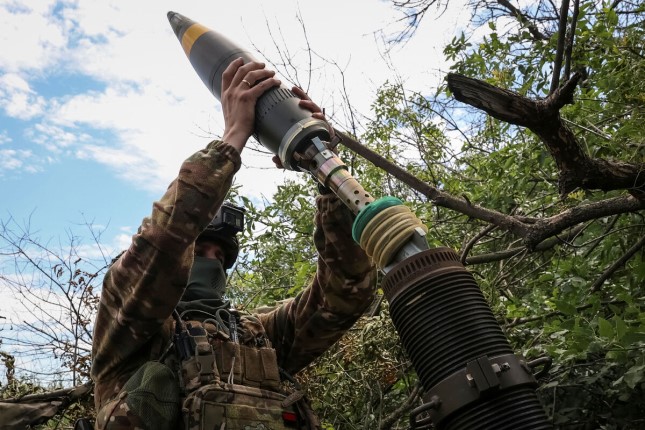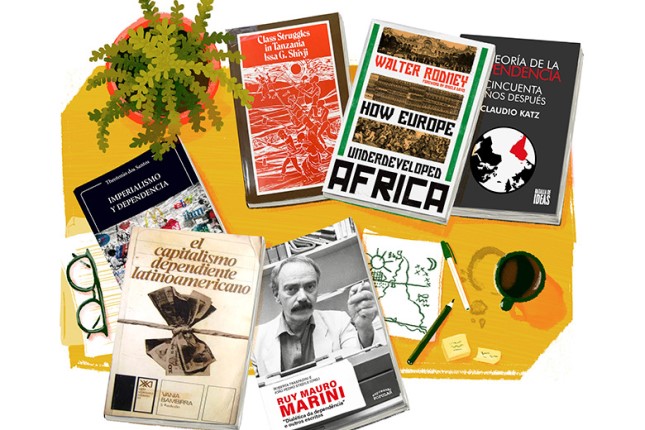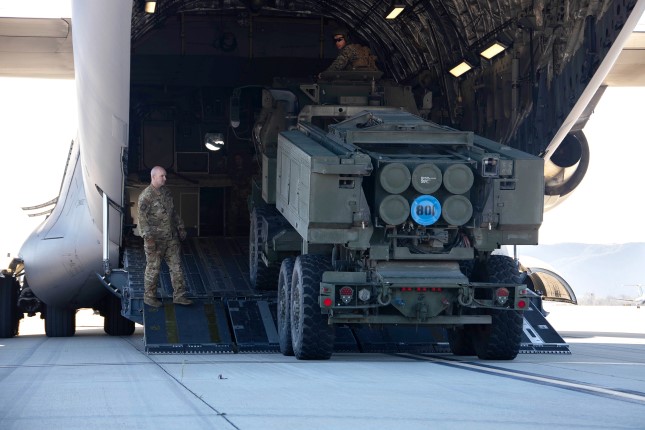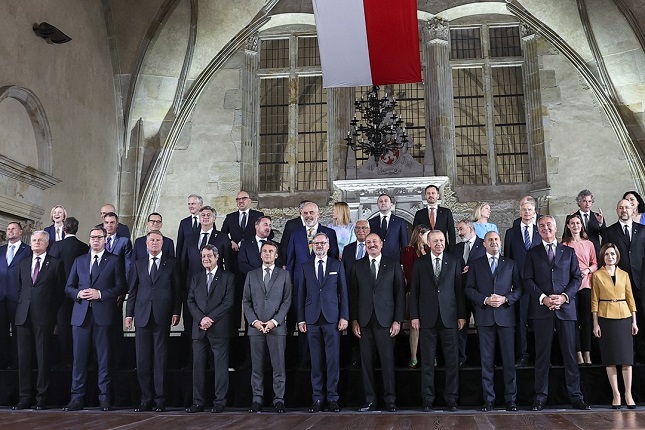Chinese President Xi Jinping's recent visit to Moscow is arguably an event of momentous significance. Its outcome will be driving the global agenda for decades to come. "Right now, there are changes − the likes of which we haven't seen in a hundred years − and we are the ones driving these changes together," China's leader told Russia's President Vladimir Putin as they bid each other farewell. This assessment is an apt summary of the magnitude of what is happening before our eyes which is the end of an era of Western dominance in general and, in particular, of US unchecked supremacy.
This breakthrough in relations between Russia and China is above all the result of years of painstaking bilateral efforts that have been pursued in various forms and on numerous platforms, including the Shanghai Cooperation Organization, or SCO, the BRICS, and APEC. That said, the two nations' dramatic pivot toward each other would hardly have occurred had it not been for Russia's special military operation in Ukraine, and, perhaps more importantly, had it not been for the West's completely incommensurate response to it.
All the key decisions that were adopted as a result of the talks in Moscow had, in one way or another, been driven by the circumstances that emerged in the course of the military conflict in Ukraine. It is possible to outline five principal objectives that had laid the foundation for taking Sino-Russian relations to a fundamentally new level.
The five objectives
First, put an end to hostilities in Ukraine as quickly as possible. The Moscow visit by the Chinese leader came less than a month after sharing China's Position on the Political Settlement of the Ukraine Crisis, a 12-point peace plan. Both countries recognize that the conflict has devastated the global economy and thus have no desire to see these economic losses result in an irreversible breakdown of the global system of cooperation, trade, and division of labour.
Moreover, the conflict has a high potential for escalating further, all the way to degenerating into a nuclear conflict. Neither Russia nor China has any interest in seeing that happen.
Although China's peace plan has sparked a strong international reaction, the European coalition rejected it from the outset, seeing it as a threat that could lead to China's influence getting even stronger. After all, this is Beijing's very first peacemaking initiative of such a scale. The West has gone to great length in an attempt to downplay the significance of China's plan, including by attempting to portray China as one of the parties to this conflict.
These attempts have failed in the end thanks in part to Xi's visit to Moscow, as a testament to the earnestness of Beijing's intentions and as proof that the plan remains "on the table" and is a workable solution. This has been evidenced by the reaction in Europe and Ukraine, where the position of the Biden and Zelensky administrations is by no means the only one, although this should probably not be overestimated yet.
Second, stave off Russia's political isolation and economic ruin. The Ukraine conflict is increasingly becoming reminiscent of a war of attrition. And not just in the military sense of the word (if European supplies of weapons and ammunition are any sign), but in the political and economic ones as well (as the sanctions on Russia's economy get ratcheted up).
Russia's economy and political system have proven to be much more resilient than Europe had hoped, and they are generally coping with the pressure quite well. That said, Europe is still at it taking systematic steps in a drive to augment Russia's isolation as evidenced by its attempts to pull the so-called "global South" to its side during the annual Munich Security Conference, the efforts to include anti-Russian language in the final G20 communiqués, the arrest warrant issued by the International Criminal Court (ICC) against Vladimir Putin. Clearly, this does not bode well for Russia in the long run.
The year-long conflict has made China realize that the same policy of isolation that has been pursued against Russia could, in turn, be used against China later on. Beijing has already had a chance to see how little it takes for trade restriction to be introduced against their nation as was the case in 2018 when President Trump quickly moved to initiate a de facto trade war against China.
China's leaders understand that the more isolated Russia becomes, the easier it will be for Washington to succeed in isolating China as well. It was this understanding that translated into the 14 documents of strategic and economic nature that got signed in the course of President Xi's visit to Moscow.
Third, develop tools to counter European pressure by standing together. To that end, "the sides agreed to discuss holding annual meetings of ministers of the interior and public security, step up law enforcement cooperation to counter "color revolutions" (a quote from one of the paragraphs in the Joint Statement of the People's Republic of China and the Russian Federation on Deepening the Comprehensive Strategic Partnership of Coordination for the New Era).
Both Russia and China have in the past had to deal with Europe's attempts to engineer on their soil what is known as "colour revolutions", or coups d’état, by any other name. This is why the issue of assuring political stability will continue being one of the central issues on the bilateral agenda.
It is therefore not surprising that Xi Jinping, who himself had gotten re-elected to his third term in office as recently as last fall, spoke in support of Putin's nomination for another term as president during his visit to Moscow. In fact, the package of documents signed during Xi's visit that is comprised of plans running as far as 2030 is a clear indication that Beijing not only recognizes Putin's legitimacy at least until 2030 but also finds his reelection for another term to be in its best interests.
Fourth, lay the foundation for more sustainable economic growth that would be West-independent. The package of agreements signed during Xi's visit features agreements on preferential treatment of Chinese participants in the industrial and infrastructural development of Russia's Far East and on establishing the China-Mongolia-Russia Economic Corridor, as well as the Comprehensive Program for Long-Term Cooperation in the field of fast-neutron reactors and closing the nuclear fuel cycle.
Fifth, offer a new development benchmark to the countries of the "global South". If the current geopolitical environment is any indication, international community recognizes full well that no country in the world is superior to all the others. Nor is there a one-size-fits-all model of government or a world order where a single country is allowed to have the deciding power.
The rivalry for one's influence in Asia, Africa and Latin America will be only getting fiercer, as evidenced by the ICC's arrest warrant against Putin, among other things. This move's purely propaganda effect aside, it only makes sense as a way of complicating Russia's interactions with the developing countries that recognize the ICC's jurisdiction, primarily Latin American and African countries.
Biden's legacy
The recent breakthrough in Sino-Russian relations represents a catastrophic failure of the Biden administration's policies. Being in a dual confrontation with both Russia and China at the same time is the United States' worst nightmare. And yet this is exactly the fruit of the labour of the democrats in Congress.
The strengthening of the alliance between Russia and China has been precipitated and reinforced by the overt pressure exerted against them by the West. Both countries had previously been always quite cautious about developing stronger partnership ties. But the attempts by the US to assert its unchallenged supremacy in the international arena by brute force have helped to achieve what had seemed unimaginable and improbable: the degree of coordination that Russia and China have developed is unprecedented.
In a sense, this looks like a replay of the situation with NATO's aggression against former Yugoslavia. Joe Biden's role in whetting the Unites States' intransigence toward Yugoslavia in the late 1990s is well known. By and large, the then Senator Biden encouraged weapons delivery to the Serbs' enemies and was one of the masterminds of the idea to dismantle the country. But it was this hardline policy that precipitated Russia's strong condemnation, best symbolized by the U-turn over the Atlantic of the Russian plane that had originally been supposed to take Prime Minister Yevgeny Primakov's delegation to the US, ordered in protest over the launch of the NATO attack on Yugoslavia.
In a sense, Russia's pivot to the South and the East, initiated back then, is nearly complete now. Again, thanks largely to Joe Biden's and his team's efforts.




















